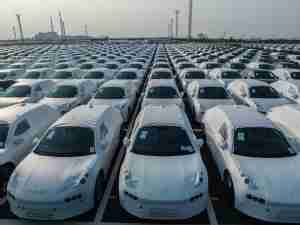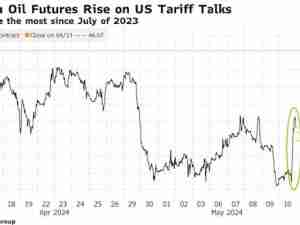European Trade Commissioner Karel De Gucht, who as the EU's trade negotiator is known to take a tough line with Beijing on a number of issues, said the problem lay in official intervention to keep the yuan currency weak.
"China holds its currency artificially low and that is bad. China is destabilising the world economy," he told Sueddeutsche Zeitung daily.
Beijing has long resisted calls from the United States and other trade partners for a more rapid appreciation of the yuan, which they claim has been kept artificially low to make China's export sector more competitive in international markets.
But the weak yuan has also exacerbated the country's efforts to contain the rise in its trade surplus and its stockpile of foreign exchange reserves, now the world's largest.
In the interview, De Gucht said the current arrangement also brought some advantages to the European economy, by giving its firms cheap access to basic materials used to make its own products.
"On the other side, we export two thirds of the products we import. Low-priced Chinese imports thus help our export businesses indirectly," he said.
Turning to the international trade talks known as the Doha Round, which have all but collapsed, De Gucht pointed to large emerging countries as being behind the impasse.
"India or China want to be treated like poor countries, which they have not been for a long time," he said. (Reuters)








